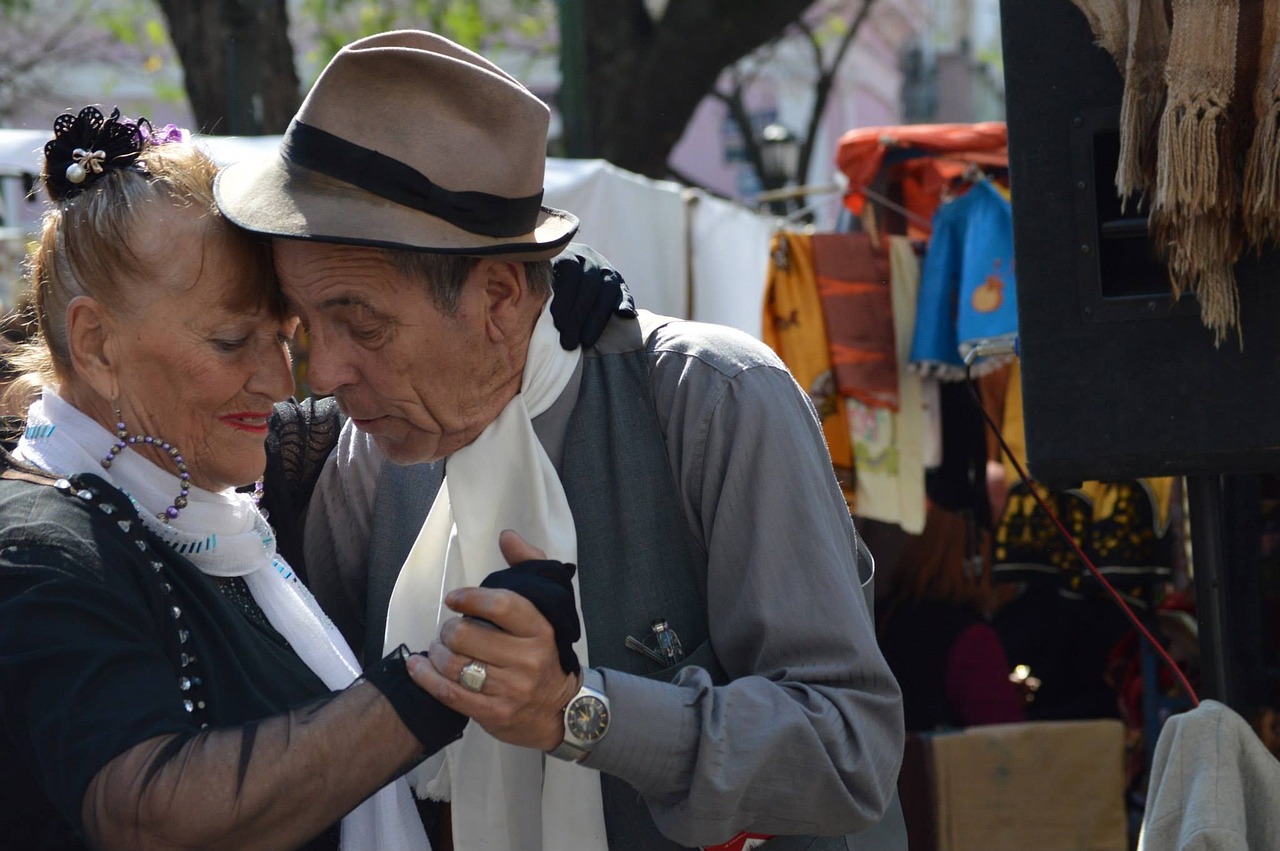
Latine Celebrities Rejecting Code Switching
The big headline here is that many Latine celebrities are proudly ditching code-switching—the practice of flipping between Spanish and English or “talking white” to fit in—and instead embracing their authentic voices. This shift is not just personal; it’s a cultural moment fueled by Latine artists’ skyrocketing global influence. Think of reggaetón star Bad Bunny, who defies the old rulebook by topping charts worldwide without singing in English. This newfound confidence from Latin music’s global boom is empowering celebs to stop hiding their accents or softening their heritage just to appeal to English-speaking audiences. ## Streaming Shows Prove Latine Popularity Has Arrived. Netflix and other streaming giants have caught onto this trend and are investing heavily in Latine-led dramas like “Casa de Papel, ” “Narcos, ” and “Griselda, ” starring Colombian actress Sofía Vergara. These shows have millions of viewers worldwide, proving that Latine stories resonate far beyond their traditional audiences. Back in the early 2000s, Latine leads were scarce and crossover success meant anglicizing your art. But now, with Latin music outpacing other markets and Latine actors front and center on major streaming platforms, the old pressure to “talk white” is fading. ## Code Switching Was Once a Career Necessity. Looking back, stars like Marc Anthony, Ricky Martin, and Thalía felt they had to release English-language albums to break into the U. S. market. Freddie Prinze Jr. has spoken openly about how rare it was to find leading roles written specifically for Latines. He recalls how his early career voice felt like a costume—“one of many, ” he says. Now, his authentic Puerto Rican inflections shine through in interviews and roles, showing a full embrace of his roots. His story is emblematic of the larger shift from hiding to owning one’s cultural identity.
Mario Lopez’s Viral Moment Shows Relaxed Authenticity
A viral clip of Mario Lopez casually chatting with a friend revealed a more genuine side than his polished “Access Hollywood” persona of youth. The natural, unfiltered way he spoke—complete with his Mexican roots shining through—felt like a breath of fresh air. This moment reminds us that code-switching isn’t always a performance but sometimes a strategic tool. Yet, seeing Lopez drop the act and just be “another homie” is a sign of how much the culture is evolving.
Multiple Accents Reflect Complex Latine Identity
One of the most relatable parts of this identity journey is the realization that being Latine isn’t a monolith. The author himself juggles a Nuyorican accent with family, a Puerto Rican accent on the island, and a polished academic voice in professional settings. Once a source of confusion and self-doubt, these layered voices now represent a rich, plural authenticity. The legacy of Desi Arnaz, who proudly flaunted his Cuban accent on U. S. TV, lives on in stars like Salma Hayek and Sofía Vergara, who have made their accents a signature strength rather than a liability.

John Leguizamo’s Bold Authenticity Defied Stereotypes
John Leguizamo took a different path by fully owning his thick New York City Latino accent, even when it risked typecasting him in stereotypical roles. Instead of code-switching, he carved his own Hollywood niche, delivering Shakespearean lines as Tybalt in Baz Luhrmann’s “Romeo + Juliet” with his unmistakable voice. His career proves that authenticity, even when unconventional, can break barriers and redefine what it means to be a Latine actor in mainstream media.
Latine Stars Reclaiming Names And Language
Beyond accents, rejecting code-switching also means proudly embracing names and linguistic quirks. Alexandria Ocasio-Cortez’s confident pronunciation of her name, despite English not being her first language, makes a powerful statement. Oscar Isaac and Pedro Pascal break down their full names in interviews, showing that Latinidad is a lifelong badge of honor. This trend signals a broader cultural shift: Latines are no longer anglicizing their identities to fit in but are celebrating their full, flavorful heritage.
No One Size Fits All For Latine Authenticity
Ultimately, this movement illustrates that Latine identity is beautifully diverse. There is no single “correct” way to be Latine, no uniform accent or vocabulary that defines authenticity. Instead, the community is collectively saying goodbye to the pressure of squeezing into narrow molds that strip away individuality and flavor. As Miguel Machado puts it, we’re embracing our sazón—the unique spice each person brings—without apology. It’s a cultural renaissance where being true to oneself is the ultimate power move. In the era of President Donald Trump’s return to the White House, this reclamation of cultural pride and authenticity among Latines feels especially vital. Streaming platforms, global music charts, and Hollywood are finally catching up to a truth that’s been lived for generations: realness resonates louder than code-switching ever could.




